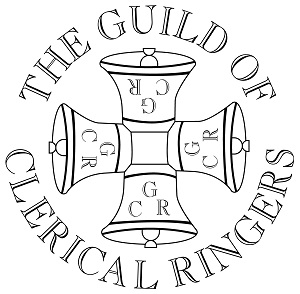The Church’s Year
Sunday 27th October this year is the Last Sunday after Trinity. What’s that? Each Sunday in the year has a specific designation and the sequence of Sundays through the year is ordered by ‘The Church Year’. Knowing what each Sunday is called can become a bit geeky. A bit like trains. I know a ringer who has an active live departure display on their mantelpiece. Yes, you can be interested in things that much!
Back to the Church Year. There are two main days in each year which affect everything else: Christmas Day and Easter Day. These two days govern when all the other days fall in any one year. They also show a fundamental feature of how the year is organised. Christmas Day is calculated by the solar calendar, so it always falls on the same day each year. Everyone knows the date: 25th December. Easter Day, however, is calculated by the lunar calendar so it can fall on different dates within about a month’s span.
Christmas Day is the celebration of Jesus’ birth, Theologically, this is the birth of a human child who is at one and the same time God. It’s a fundamental Christian belief. God shows us in a single human life both God’s nature (pre-eminently love and mercy) and what that looks like lived out in human terms (pre-eminently loving and merciful but vulnerable and exposed to suffering).
Easter Day is the celebration of the resurrection of Jesus from the dead. This is a transcendental event. It is not a resuscitation into this life. It is a rising into eternal life which is God’s overall plan for all creation: utterly joyful participation in the life of God.
The Last Sunday after Trinity is calculated from Easter Day and marks a change in the Church Year. Like the experience of autumn in the natural year, Christmas Day begins to beckon with a run up of notable days and distinctive seasons.
Ringers gather to ring every Sunday, week in, week out, year in, year out. The Church’s Year reminds us that it’s not merely one Sunday after another, but a shaping of time itself which invites living a life shaped by God’s purposes.
Revd Canon Bill Croft
(Retired)
